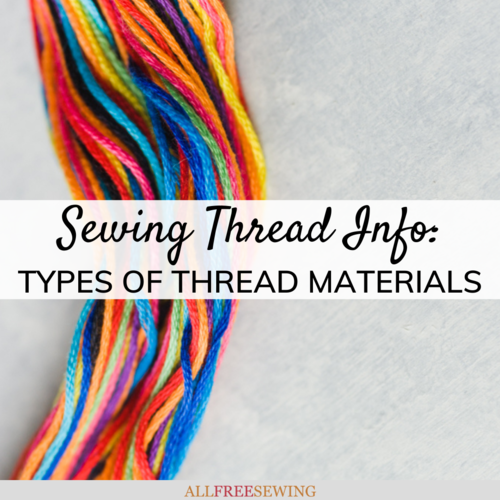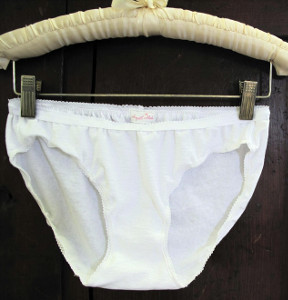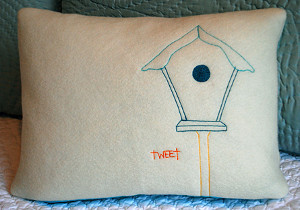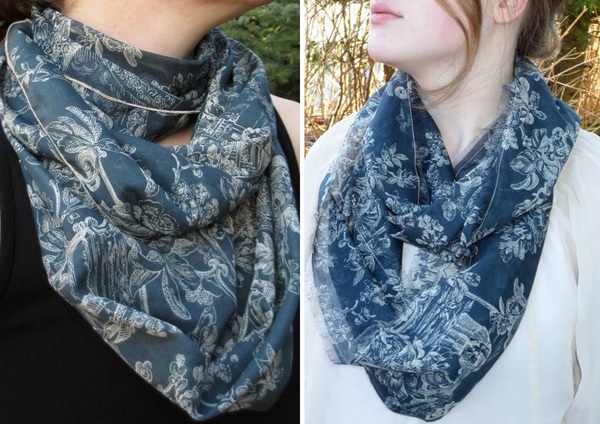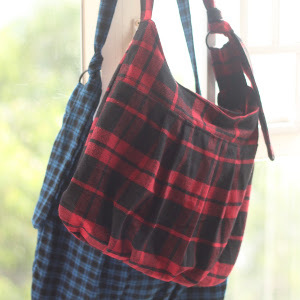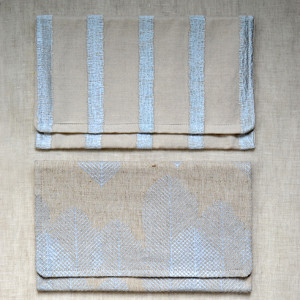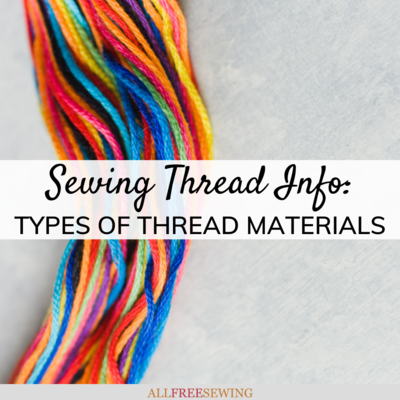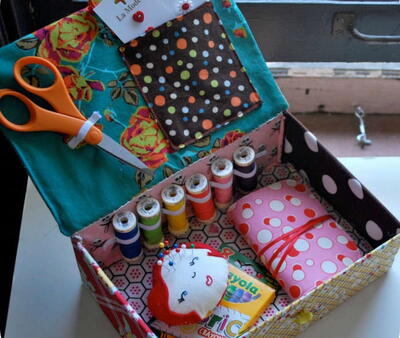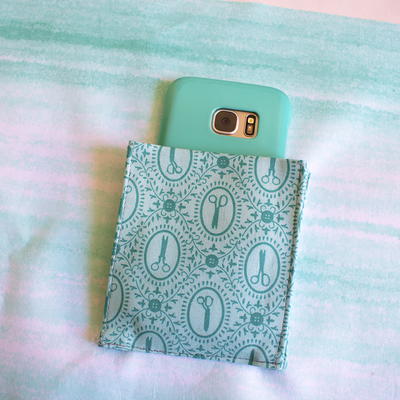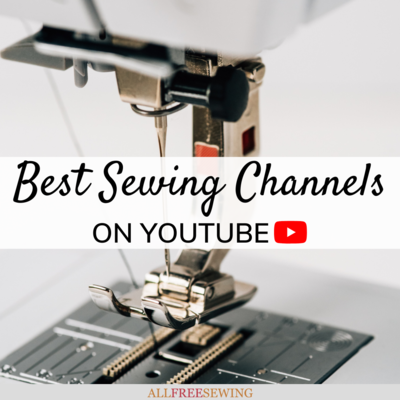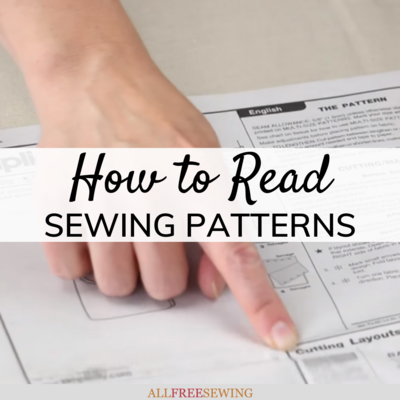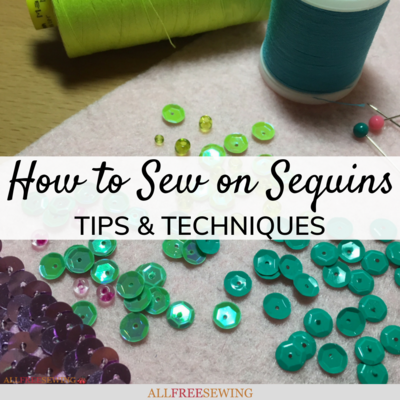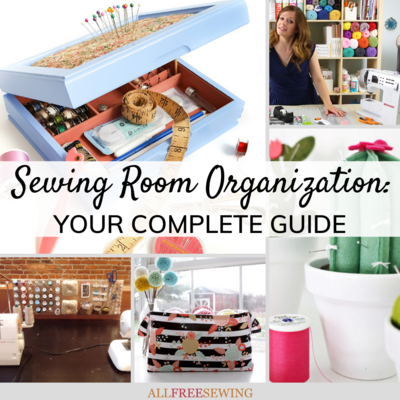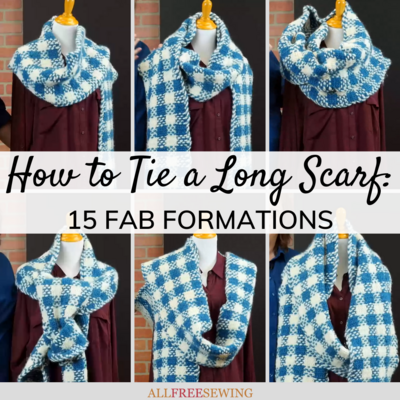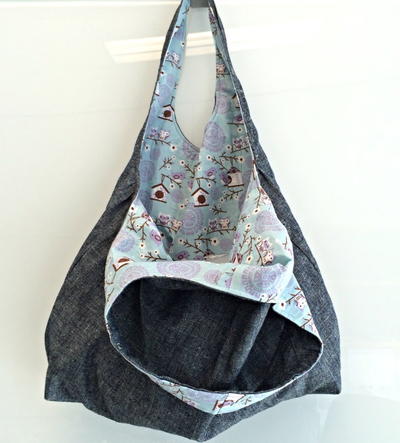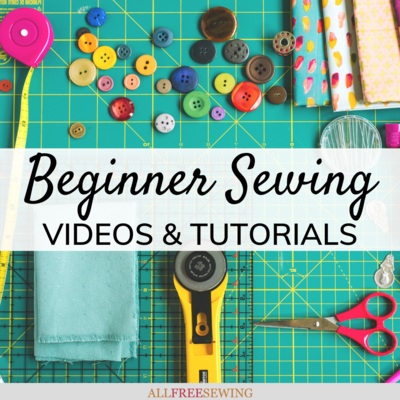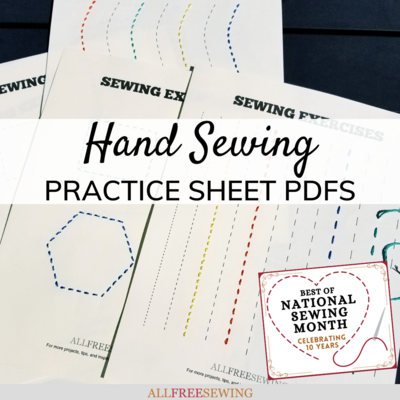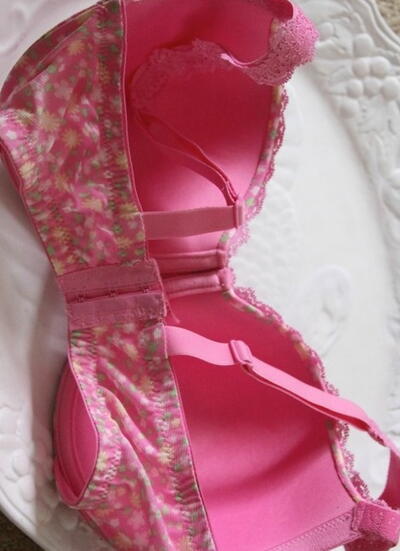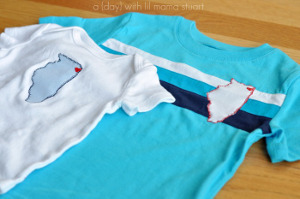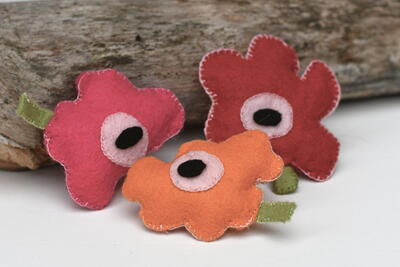Sewing Thread Information: Types of Thread Materials
Is your thread cotton? Rayon? Something else? Read through this guide to learn about different types of thread.
Welcome back to The Ultimate Thread Guide! We here at AllFreeSewing are pleased to bring you Part Two of our thread guide: Types of Thread Materials (read Part One here).
Even more important than size is the material of the thread. The thread and fabric must work together to create a flawless, beautiful sewing project that is built to last.
Picking the wrong type of thread can lead to frustration, wasted fabric, and discouragement. Luckily for you, we are here to help!
Read below to learn about the most common types of threads, their pros and cons, and when to use each one.
To learn how to measure thread, check out Part 1 of the Ultimate Thread Guide.
Cotton Thread
Uses: Cotton thread is commonly used sewing delicates and lightweight fabric, as well as for cross-stitching. It can be used for a variety of fabrics, such as linen and rayon. Do not use cotton with knits, as it does not have much elasticity.
Polyester Thread
Pros: Durable, strong and affordable, polyester won’t break down over time. An all-purpose thread, it has a wax or silicone coating, which allows it to easily slip through fabric.
Cons: Polyester has a shiny, waxy appearance that some might not like. However, invisible polyester thread is a great option if you need to keep your stitches hidden.
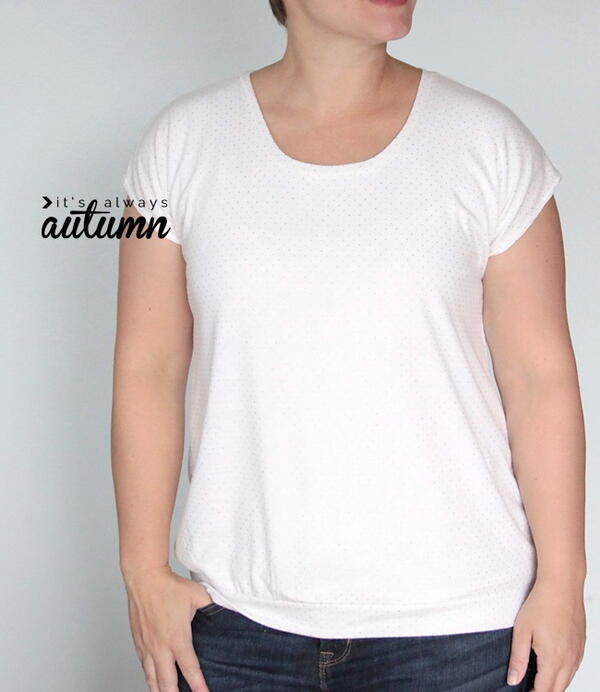
Uses: Polyester is your go-to thread. It works well for most sewing projects, especially with stretchy knit or woven fabrics.
Rayon Thread
Uses: Sewing projects that require flat stitches. Stronger than cotton, but less strong than polyester.
Nylon Thread
Uses: Nylon works well for lightweight fabrics and garments that need to stretch, such as athletic gear. It should not be used for decor or anything that is exposed to sunlight.
Silk Thread
Uses: Silk is often reserved for embroidery. It works as a great thread for basting and tailoring. The most compatible fabrics are silk and wool.
Wool Thread
Uses: Wool thread is good for heavy fabrics such as wool or canvas. It is most often used in embroidery and for making blankets.
Metallic Thread
Uses: It is often used for handbags, embroidery, or to embellish topstitching.
Feeling overwhelmed?
To sum everything up, here are a few basic guidelines to keep in mind when selecting your thread.
- In general, you should match your thread type to your fabric type. For example, use silk thread when sewing a silk garment.
- In most cases, polyester is the best choice, specifically cotton-wrapped polyester, which is often called “all-purpose” thread.
- Do not use cotton thread for a stretchy or knit fabric.
- You get what you pay for. Invest a little money in quality thread because your projects will look better and last longer.
Want More?
How to Sharpen Sewing Scissors >>>
Which is your favorite type of thread?

